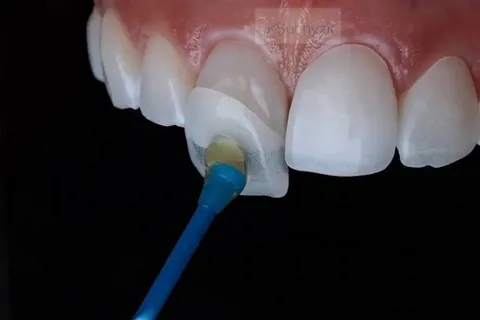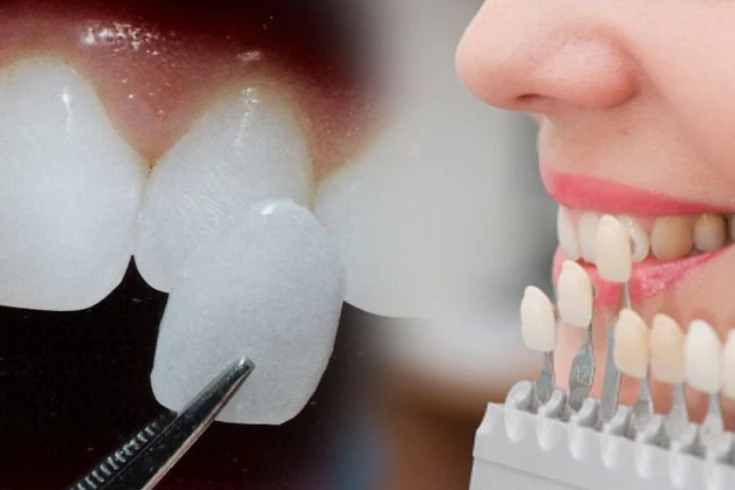Dental implants are a revolutionary solution for replacing missing teeth, offering durability, functionality, and a natural appearance. However, the cost of dental implants can be a significant barrier for many people.Knowing how to obtain medical insurance coverage for dental implants can increase accessibility to these transformative procedures. In this comprehensive guide, we will explore the steps to obtain dental implant coverage, review the best medical insurance options that include dental implants, discuss the procedures covered, and highlight the benefits. We’ll also address some frequently asked questions to clarify common concerns about what insurance covers for dental implants.
How to Get Dental Implant Coverage in Medical Insurance?
Securing dental implant coverage through medical insurance involves a few strategic steps. You can follow this step-by-step guide to navigate the process and understand how to get medical insurance to cover dental implants:
- Research Your Insurance Plan: Firstly, start by reviewing your current medical insurance policy. Additionally, look for specific mentions of dental implants and related procedures. Moreover, you can typically find this information in the benefits section or under oral surgery coverage to gain a better understanding of what dental implants are covered by insurance.
- Consult with your dentist and insurance provider: Schedule a consultation with your dentist to discuss the necessity of dental implants for your oral health. Subsequently, contact your insurance provider to confirm whether dental implants are covered and under what conditions, ensuring you know how to get dental implants covered by medical insurance.
- Obtain a Pre-Authorization: Many insurance companies require pre-authorization before they approve coverage for dental implants. In the event that a medical condition or injury necessitates implants, insurance typically covers the procedure.
- Submit claims Promptly: After you receive pre-authorization, make sure to promptly submit all claims. Keep copies of all submitted documents and correspondence with your insurance company for your records.
- Explore Supplemental Insurance Options: If your current insurance does not cover dental implants, consider supplemental insurance plans. Additionally, some dental-specific insurance plans offer coverage for implants, or you may find standalone implant insurance policies, helping you understand what insurance covers dental implants.
- Look into Financing Options: Dental practices offer financing options that patients can explore if their insurance coverage is deficient. Many dentists offer payment plans, dental credit cards, or third-party financing options to make implants more affordable.
Best Medical Insurance That Covers Dental Implants
Finding the best medical insurance that covers dental implants requires comparing different policies and providers. Some top options provide comprehensive coverage, helping you understand what insurance covers for dental implants.
- Cigna: Cigna offers dental plans that include coverage for dental implants. Their DPPO plans frequently cover a substantial portion of the costs. When considering medically necessary implants, the plans provide guidance on how to secure dental implant coverage through medical insurance.
- Delta Dental: Delta Dental is one of the largest dental insurance providers in the United States. Their PPO plans can cover dental implants, depending on the specifics of the plan and medical necessity, offering insight into what insurance covers dental implants.
- Aetna: Aetna provides dental insurance plans that may include coverage for implants. Their policies frequently incorporate various restorative procedures, positioning them as an excellent option for comprehensive dental care and guiding individuals on navigating the process of having dental implants covered by medical insurance.
- UnitedHealthcare: Known for its extensive network and comprehensive plans, UnitedHealthcare offers dental insurance that may cover implants. Their policies can vary, so it’s important to check the specifics of each plan to understand what insurance covers dental implants.
- Blue Cross Blue Shield: Many Blue Cross Blue Shield plans offer dental coverage that includes implants. Individuals seeking implant coverage and wanting to understand how to get dental implants covered by medical insurance make them a strong contender with their extensive network and customizable plans.
Benefits Included with Dental Implant Coverage
Having dental implant coverage through your medical insurance offers numerous benefits:
- Cost Savings: The primary benefit is the significant reduction in out-of-pocket expenses. Dental implants can be expensive. Having insurance coverage can significantly reduce the cost. This can help you learn how to secure coverage for dental implants through your medical insurance.
- Comprehensive Care: Insurance coverage often includes related procedures. Consequently, this ensures that you receive comprehensive care throughout the implant process. Insurance coverage shows what it covers for dental implants.
- Improved Oral Health: Dental implants can improve overall oral health by preventing bone loss, maintaining facial structure, and providing a stable solution for missing teeth.
- Enhanced Quality of Life: With dental implants, you can enjoy improved functionality. This leads to better aesthetics and improved self-confidence. And a higher quality of life.
- Preventive Measures: Coverage often includes preventive measures and follow-up care, helping to ensure the long-term success of your dental implants.
What Procedures are Covered Under Medical Insurance for Dental Implants?
When it comes to dental implants, insurance coverage can vary widely. Here are some common procedures that may cover under medical insurance plans, helping you know what insurance covers dental implants:
- Consultations and Examinations: Medical insurance often covers initial consultations and examinations that evaluate the necessity of dental implants, especially when medically essential. This coverage assists individuals in obtaining dental implants through their medical insurance.
- X-rays and Imaging: Insurance typically covers diagnostic imaging, such as x-rays or CT scans, during the pre-implant evaluation process to gain insight into the dental implants that are covered.
- Bone Grafting: If bone grafting is required to support the implant, many insurance plans cover this procedure as it is often considered medically necessary for successful implantation, helping you understand how to get dental implants covered by medical insurance.
- Surgical Placement of Implants: Insurance coverage usually includes the surgical procedure to place implants. In cases where a medical condition or injury necessitates implants, insurance typically covers the procedure.
- Abutments and Crowns: The insurance plan may pay for the abutments and crowns needed for implants, depending on the particular plan. Some plans provide coverage for the entire implant structure, while others only cover specific parts, assisting you in understanding how to obtain medical insurance coverage for dental implants.
Check out our all on four dental implants and how to get it covered under insurance here.
Frequently Asked Questions
Do Medicare or Medicaid cover dental implants?
Medicare typically does not cover dental implants. However, Medicaid coverage varies by state and may cover implants in specific cases if deemed medically necessary.
What if my initial claim for dental implants is denied?
If your claim is denied:
-
Review the denial letter to understand the reason for the denial.
-
Gather any additional documentation or clarification needed.
-
Submit an appeal to your insurance company with the additional information.
-
Consider seeking assistance from a patient advocate or legal advisor if necessary.
Can secondary insurance help cover the cost of dental implants?
If you have secondary insurance, check with your provider to see if they offer any coverage for dental implants. In some cases, coordination of benefits between primary and secondary insurers can sometimes provide additional coverage.
How can I determine if my dental implants are medically necessary?
Firstly, consult with your dentist. Afterward, consult with your physician. Working together, they will determine if your dental implants meet the criteria for being classified as medically necessary. Additionally, they can provide the required medical documentation to support your case.
Does medical insurance generally cover dental implants?
Medical insurance generally does not cover dental procedures. However, insurance companies may cover dental implants if they determine them to be medically necessary as a result of specific medical conditions or trauma.





